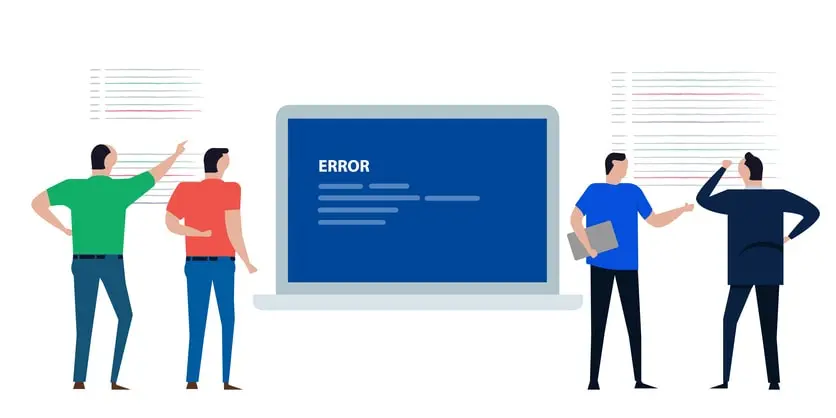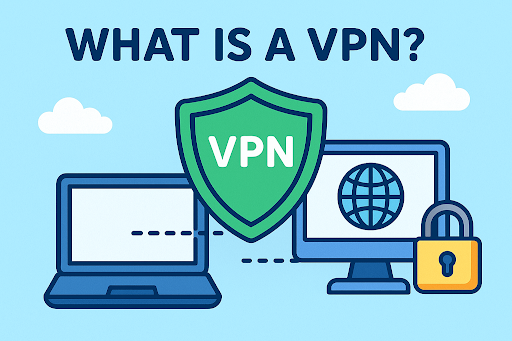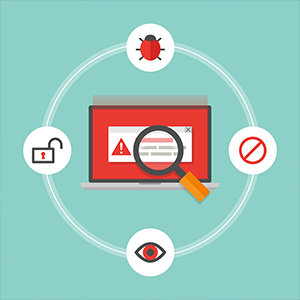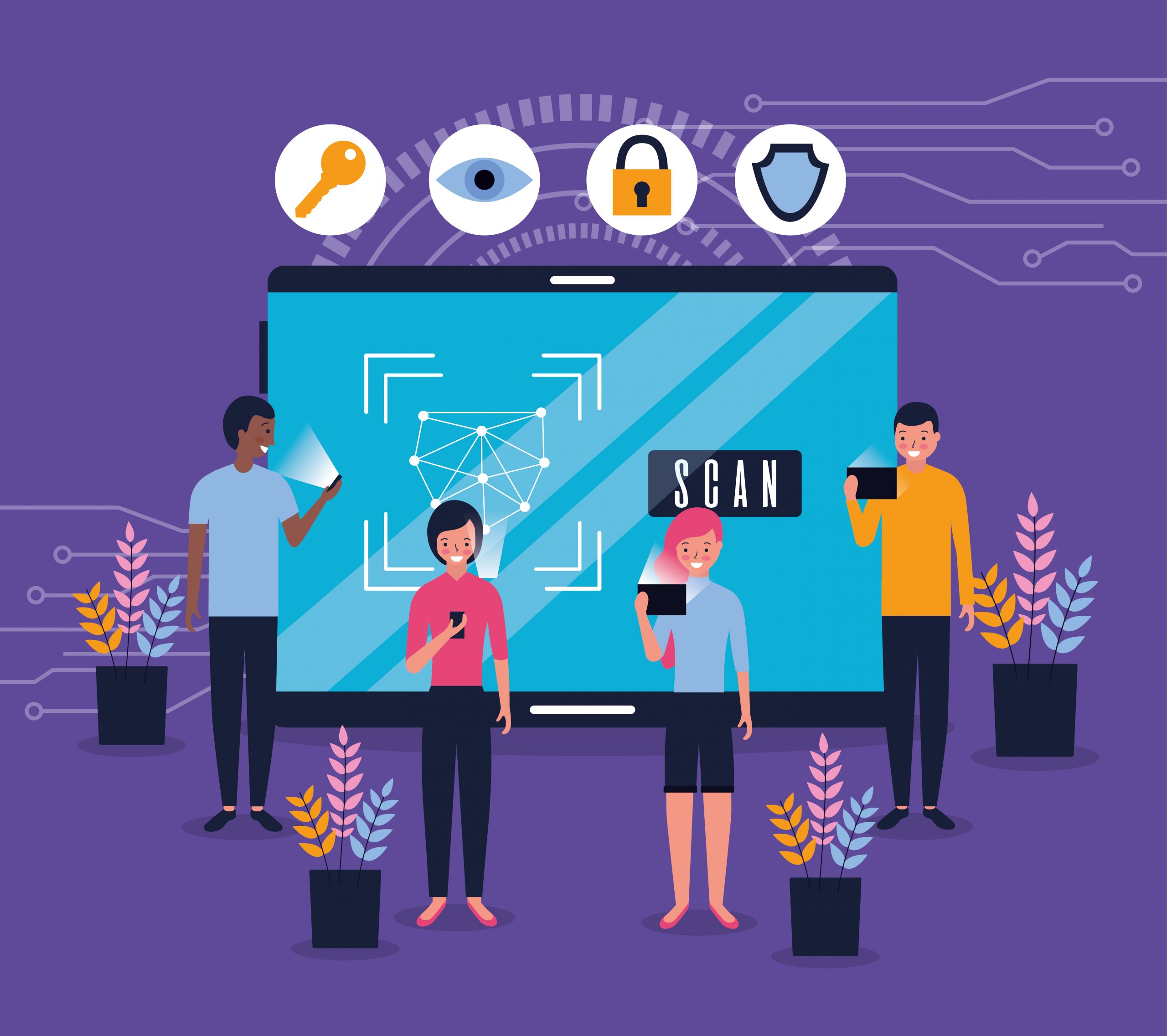8 Questions To Ask When Considering Cybersecurity Solutions
Updated on October 19, 2022, by Xcitium

As companies continue to adjust to the evolving digital landscape, there’s one problem that continues to thwart company growth: cyber attacks.
With the cost of data breaches rising year over year, incurring an average loss of $4.35 million in 2022 so far, it’s no wonder that companies cite cyber attacks as their top business concern. As a result, more executives are pledging to boost investments in cybersecurity solutions and privacy.
For organizations who have already adapted by integrating modern IT security solutions, this is positive news. But what if you are still researching and haven’t decided?
Here are the important questions you must ask yourself first when considering different IT security solutions:
1. What Does The Product Protect Against?
When evaluating potential vendors, it’s best to understand exactly what you’re getting from them. When examining your options, keep your company’s needs and the following thoughts in mind:
- Do the cybersecurity solutions incorporate foundational or modern tools?
- Do they protect against malware like ransomware or malicious techniques like phishing?
- What about the use of firewall or intrusion discovery?
Ideally, these products should use a combination of these protective measures. However, every company needs a unique combination of remedies. Understanding what you need and what you wish to achieve with your products is truly the first step in making a decision.
2. Does The Product Work In Different Environments?
After you’ve answered the previous set of questions, understanding how you can integrate the product into your current digital environment is the next step. The fact of the matter is every solution works differently in virtualized environments. In addition, all cybersecurity products are compatible with specific devices, so make sure your choice fits your device(s).
When considering your options, look for products that implement various forms of support for cloud, on-site, and containerized environments.
3. Does The Product Meet Compliance Requirements?
Different organizations abide by different compliance requirements. For example, some comply with key controls, like access administration, but every company is different.
It’s important to consider common standards when choosing a provider, as they help to strengthen network posture and respond to threats properly and precisely. These standards also aid in recovery by guiding organizations when they’ve been compromised. To create a strong security strategy, it’s imperative that these frameworks are added to your organization.
4. How Experienced Do You Need To Be To Use This Product?
Since every company has a varying amount of experience, when looking at IT security solutions, you should consider options that will meet you where you’re at. Whether you are an expert or a beginner, analyzing what you need to get the most out of the product is critical in the decision-making process.
Additionally, consider how much time each of the products will take to install in your current environment. If you have experts on standby, refer to their opinions on the products as well. If not, perhaps a managed detection and response solution (EDR, MDR, M/XDR) is what you’re looking for.
5. What Is The Product’s Performance Track Record?
When weighing potential products, it’s essential to view their past track record. You can do this by looking at the historical data of those products through case studies to see if their claims are backed by that data or not. Along with this, it’s important to look for any third-party certifications that will validate those claims and the expertise of the provider.
6. What Is The Procedure For Being Compromised?
Even though many providers offer dense protection, it’s also important to understand what the fail-safe would look like if a data breach were to occur. What kind of support does that vendor offer when compromised? Will the tools they put in place automatically neutralize a breach?
You also need to determine if the provider will offer insight or visibility into these attacks. Having an idea of what’s going on with your network or devices can be key in establishing the next step in a breach, but not every provider will grant this. This leads to the next question you should ask when contemplating different services.
7. Does The Cybersecurity Solutions Provider Offer Ongoing Customer Support?
Knowing what type of support you’ll be receiving with your cybersecurity products is crucial when making a decision to protect your data. This applies to more than data breaches, as you should look at what support is available during the installation process as well.
Does the provider work with you every step of the way or do they only offer customer support in emergencies? To what extent are they willing to step in and help you solve your problems or answer your questions? These are vital questions to ask when searching for the right fit for your company’s needs.
8. How Scalable Is The Product?
The last issue you should consider is the quality of the product and whether it’s designed for the present and for the future. Having antiquated protection can be a vulnerability for a data breach and it’s best when deciding between vendors to look at the product’s core design for modern features instead.
Scalability is more than about staying up to date with the latest technology, it’s also about making your digital environment safeguarded against the evolving landscape of cyber attacks. Finding a provider that makes a concentrated effort toward innovation, support, and updating their products and services will help maintain a healthier security stack.
Protect Your Organization With Xcitium
If you’re in the process of choosing a cybersecurity solutions provider, juggling all of these questions without seeing live, concrete proof can be stressful and complicated.
When you choose Xcitium, we aim to make the process easy and straightforward by offering a live one-on-one demo, catered to your needs. We understand that every organization has different necessities regarding its networks and devices. That’s why our goal is to meet you where you’re at and work with you every step of the way.
Interested in learning more about how Xcitium products protect enterprise organizations like yours?
Schedule a demo to see how we can enhance your cybersecurity stack.














